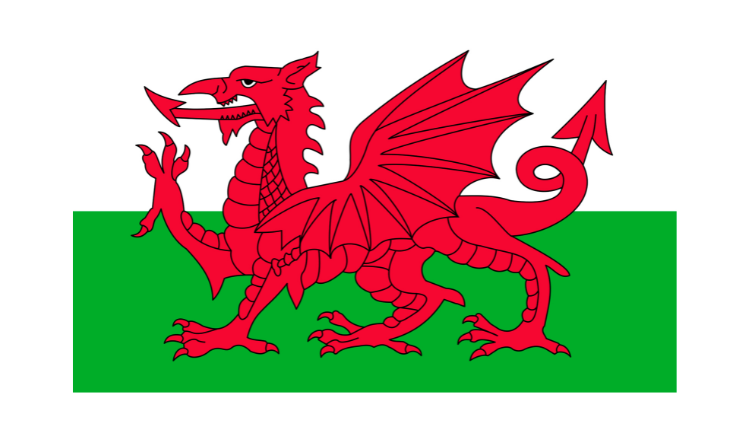On Friday, the Government updated the statutory guidance for local authorities on early years and childcare in England to improve clarity around consumables and additional charges.
PACEY had conversations with the Department for Education while the guidance was in development to ask them to recognise the impact any changes would have on registered childminders and small settings. While the DfE has specified that childminders and providers with 10 or fewer children may be exempt from point A1.35 (see below) the other points still apply. We recognise the confusion and frustration felt by our members following this announcement. Below we have set out what has changed and what PACEY is doing to support you.
What has changed?
As was the case previously, additional charges are allowed but cannot be non-descript and charges must be voluntary and not a condition of families accessing their funded place. As set out in point A1.41 providers still cannot charge ‘top-up’ fees (any difference between a provider’s normal charge to parents and the funding they receive from the local authority to deliver free places) or charges that are not specifically identified and itemised as being for chargeable extras as described in point A1.33
The government has introduced a deadline of January 2026 for Local Authorities to ensure that providers’ invoices are clearer and more transparent for parents and carers:
- Point 35: The costs of chargeable extras should be published on provider websites or, where they do not have any website, on local authority Family Information Services. These should be clear, up-to-date and easily accessible to parents, to enable parents to make an informed choice of provider. They should set out, for each setting, the amounts charged for all the chargeable extras listed, as well as the pattern of hours that parents can take the entitlements. Local authorities may wish to ensure providers follow DfE’s template of how to set out these costs and may exempt childminders and providers caring for 10 or fewer children at any one time. This should be fully implemented by January 2026 at the latest.
- Point 36: Invoices and receipts should be itemised, and local authorities should work with providers to ensure their invoices break down separately into: the free entitlement hours; additional private paid hours; food charges; non-food consumables charges; activities charges. Local authorities should ensure these itemised invoices are in place by January 2026. This is to allow parents to see that they have received their child’s free entitlement hours completely free of charge and understand that any fees paid are for additional hours or optional services. Invoices and receipts should include the provider’s full details so that they can be identified as coming from a specific provider.
How are we supporting members?
We continue to raise our concerns with the DfE about this approach and the threat to childminders and other early years providers’ sustainability, particularly in the context of September’s funding expansion which will see an estimated 80% of places under the funded offer.
We also recognise the admin burden that these requirements create, particularly for childminders who work alone. We’re reviewing our member products to ensure that you are supported with keeping your practice in line with the requirements, for example developing a new invoice book to help you itemise your charges more easily.
We are working on a new resource specifically around consumable charges to reflect the updated guidance. You can also read our resource titled: Know your worth – increasing your fees and find our newly updated admissions policy guidance in MyPACEY.
If you have any questions or concerns about charging, members can contact our free Practice Advice Line (Monday to Friday 6.30pm-9pm) or contact our free legal helpline.
Helen Donohoe, PACEY Chief Executive comments:
“Friday’s announcement understandably left childminders and other early education professionals frustrated. Supporting families to access affordable and high-quality early education and childcare is essential to ensure the best start for children, and the vast majority of registered providers want to support parents with this. However, additional charges are required where the funding system is failing to cover the full costs of delivering a place – particularly for the inadequate three- and four-year old funding rate. We know that many providers are introducing these charges where they didn’t previously, reflecting the economic climate and financial pressures that providers face. Without ambitious reform to the funding system, we risk losing the quality provision that families depend on.”


